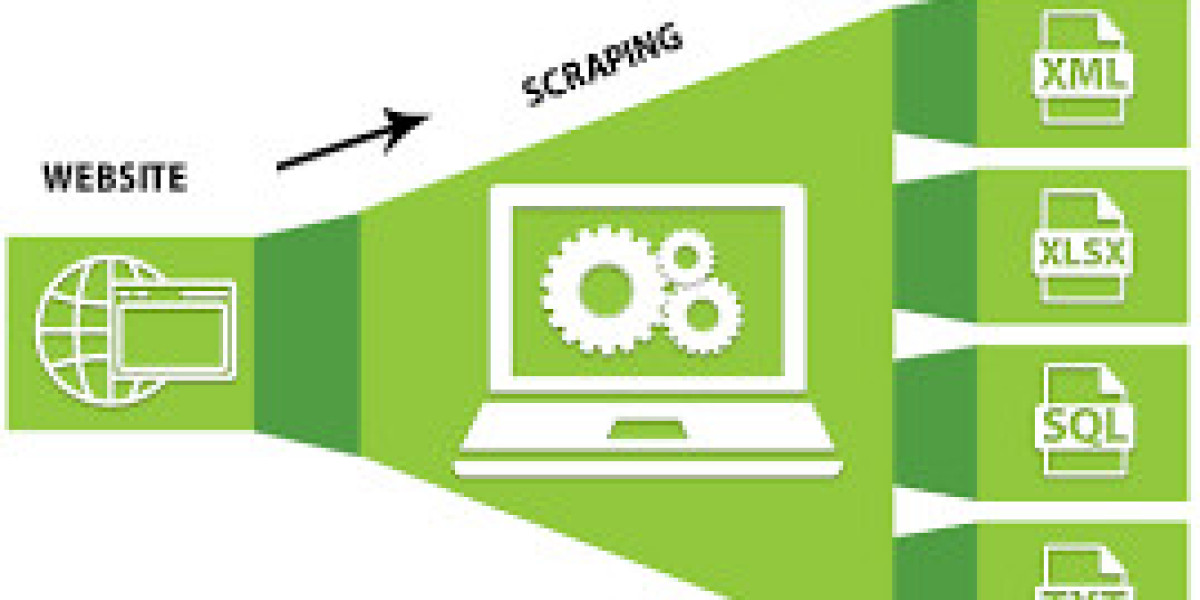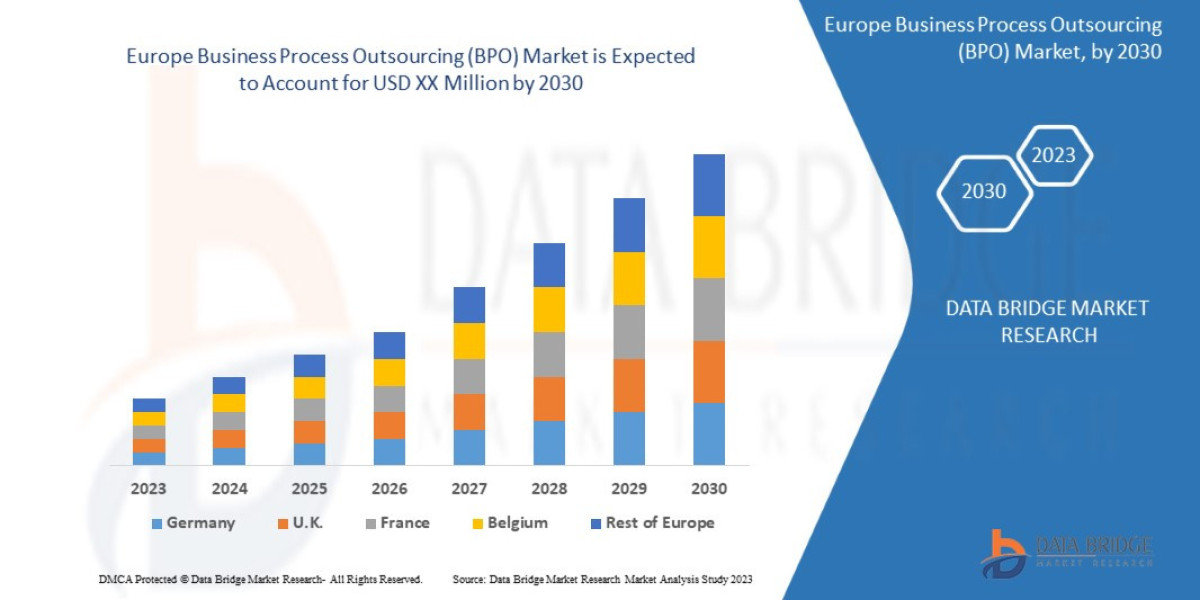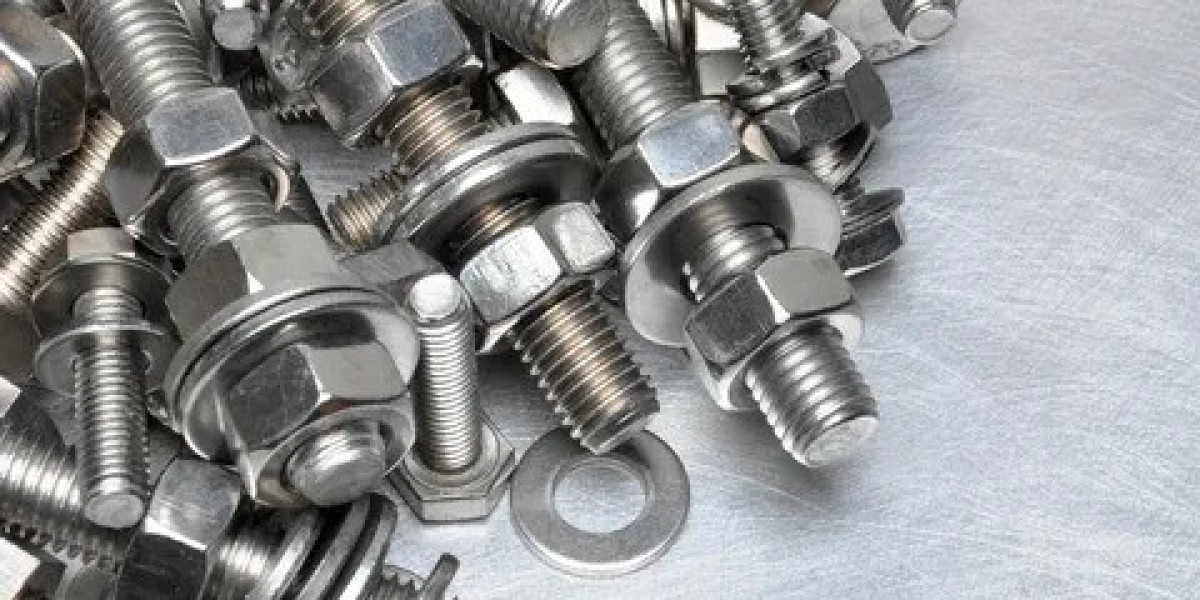In the ever-evolving landscape of SEO (Search Engine Optimization), staying ahead of the competition requires a strategic approach. One powerful technique that has gained prominence in recent years is web scraping, coupled with the use of the best proxies. we delve into what web scraping in SEO really means, how it can benefit your digital strategy, and why choosing the right web scraping tools and proxies is crucial.
Understanding Web Scraping in SEO
Web scraping is the process of extracting data from websites. It involves automated bots, often referred to as web crawlers or spiders, navigating through web pages, collecting information, and storing it for analysis or use. In the context of SEO, web scraping can provide valuable insights and data-driven decisions to enhance your website's search engine ranking.
How Web Scraping Boosts SEO
1. Competitive Analysis
Web scraping enables you to monitor your competitors' websites for changes in content, keywords, and backlinks. This data can help you identify gaps in your own SEO strategy and uncover opportunities for improvement.
2. Keyword Research
Accurate and up-to-date keyword research is vital for SEO success. Web scraping tools can gather keyword data from search engine results pages (SERPs), helping you discover new keyword trends and optimize your content accordingly.
3. Content Generation
Web scraping can assist in content creation by aggregating information from various sources. This can be especially useful for creating data-driven, informative, and engaging content that resonates with your target audience.
4. Backlink Analysis
Backlinks play a critical role in SEO. Web scraping tools can help you track and analyze your backlink profile as well as your competitors', allowing you to build a stronger and more authoritative link profile.
The Role of Web Scraping Tools
Choosing the right web scraping tools is essential to maximize the benefits of this technique in SEO. Here are some factors to consider:
1. Data Accuracy
Ensure the web scraping tool you choose provides accurate and reliable data. Inaccurate information can lead to misguided SEO efforts.
2. Scalability
Look for tools that can scale with your needs. As your SEO efforts expand, your web scraping tool should be able to handle larger volumes of data efficiently.
3. Customization
A good web scraping tool should offer customization options, allowing you to extract specific data points relevant to your SEO goals.
Harnessing the Power of Proxies
When it comes to web scraping, using proxies is crucial. Proxies act as intermediaries between your web scraping tool and the target website, masking your IP address and preventing your activities from being blocked or detected. Here's why choosing the best proxies matters:
1. IP Rotation
Proxies enable you to rotate IP addresses, making it difficult for websites to trace and block your scraping activities. This ensures uninterrupted data collection.
2. Geographic Diversity
Proxies provide the flexibility to appear as if your requests are coming from various locations. This is valuable for gathering location-specific data and avoiding geo-restrictions.
3. Anonymity
Proxies add an extra layer of anonymity, safeguarding your identity and reducing the risk of being banned from websites.
Conclusion
Incorporating web scraping into your SEO strategy, along with the use of the best proxies, can provide a competitive edge in the digital landscape. By harnessing the power of web scraping tools and proxies, you can gather valuable data, stay ahead of competitors, and make informed decisions that drive your website's SEO success. Remember to choose your tools and proxies wisely, ensuring they align with your specific SEO objectives and goals.








